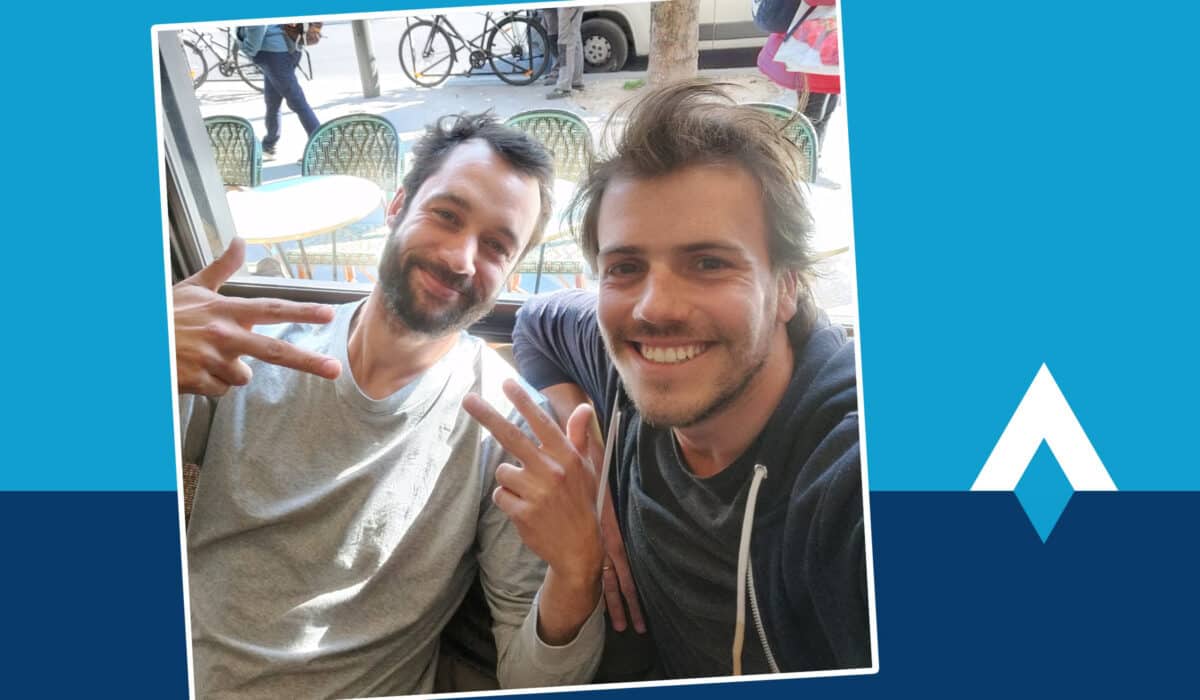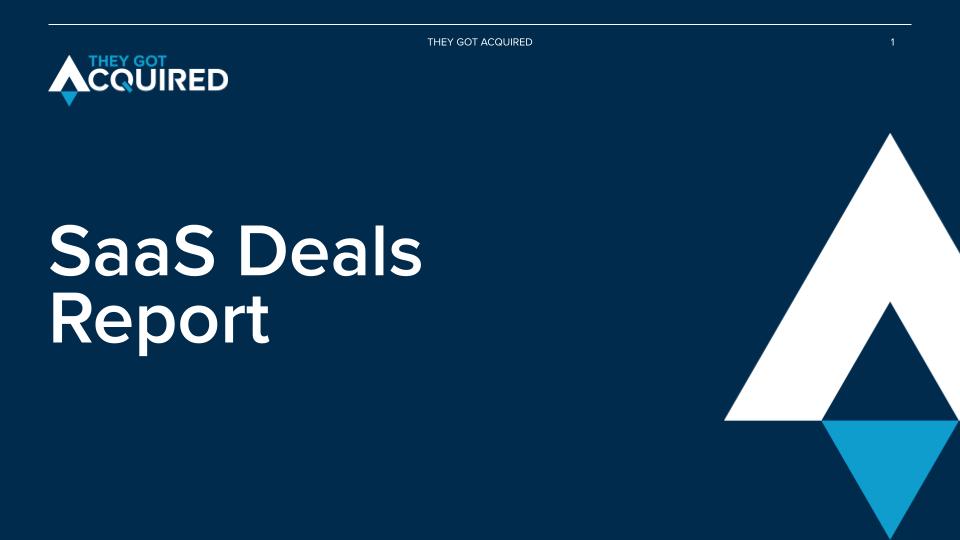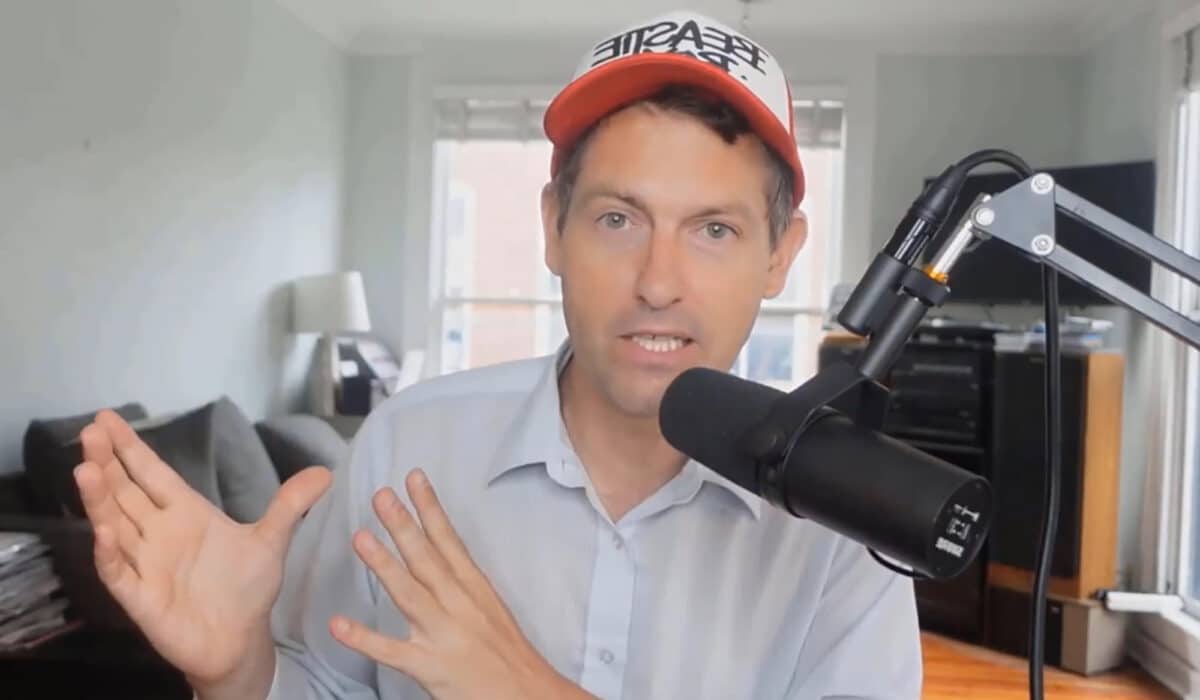His first startup was a failure. So was his second.
Thibault Louis-Lucas co-founded his first startup with Thomas Jacquesson, a friend from his MBA program, in 2015. “Everything you can do wrong, we did it,” Louis-Lucas said.
Their startup, Pistache, featured an app for parents, but they weren’t parents themselves. They hired too many people and focused on raising money over validating the product market fit, he said. After two years, the company generated enough revenue to support the two co-founders but not enough to scale the way they’d hoped.
“We ended up selling that business and moving on with our lives,” Louis-Lucas said.
In 2017, Louis-Lucas started Dreamz, an educational coding game. He raised more money, hired an even bigger team—and failed to generate the revenue he needed. After that company “crashed,” he said, he went to work as the CTO of a larger startup and then quit his job with a plan to travel the world right before COVID struck.
Stuck in place in France, Louis-Lucas ended up teaming up with Jacquesson again, and the two co-founded Pony Express in early 2021. “Since we were kind of traumatized by this first startup where we failed, we decided we would do this crazy thing where we built one new product every week until we found something that stuck,” Louis-Lucas said. They launched the products under the parent company Pony Express.
In May 2021, they hit on a product that quickly took off with creators: Tweet Hunter. Initially, Louis-Lucas said, the product was a simple search bar that retrieved viral tweets on a given topic. But by reaching out to Twitter creators early on, they improved and broadened the product.
They built a suite of features into the product, including tweet scheduling, AI-driven tweet generation and relationship management. The product helps Twitter users build their personal brand by identifying viral tweets on their chosen topic that they can use as models to improve their own content and increase their reach.
After about six months of work on Tweet Hunter, they launched Taplio, a similar tool for LinkedIn. “LinkedIn is a very different platform and has very different constraints,” Louis-Lucas said. The products were initially similar, but as time went on, they optimized Taplio more and more for LinkedIn.
“That’s how we managed to get something very different from all the competition,” he said.
In part through strategic partnerships with creators, they grew the business to about $1 million annually, with $100,000 MRR (monthly recurring revenue). Tweet Hunter had 5,000 users ahead of the acquisition, and Taplio had 3,000.
How a middle school friend bought Pony Express
Louis-Lucas and Jacquesson started looking for a buyer in January 2022. Initially, they hired a broker but found that the larger companies the broker identified wanted them to stay on for two years after any acquisition, and the idea of working in a traditional corporation for two years “wasn’t appealing,” Louis-Lucas said.
He had reconnected socially with an old middle school friend, entrepreneur Guillaume Moubeche. As the two talked, Moubeche mentioned that he might be interested in acquiring Pony Express through his company, lempire, which builds SaaS tools that focus on B2B relationships.
Louis-Lucas said he hadn’t thought of Moubeche as a buyer since lempire was only a 40-person company. “But the fact that it was smaller made us more OK with the idea of staying two years in business,” he said. “It’s a total fit in terms of culture and the way we work.”
Moubeche used Tweet Hunter to grow his own Twitter following, so he didn’t need to be convinced of its value, he said in a blog post about the acquisition. “What I love about making a deal between entrepreneurs is that we can talk openly about what we really want,” he wrote. “There’s zero upsides to lying or hiding things during a deal because the goal is to design a win-win situation down the line.”
The terms of the Pony Express deal
The entrepreneurs negotiated the deal in about two weeks over WhatsApp, Louis-Lucas shared in a Twitter thread. They agreed on a $2 million immediate payout, plus earn-out bonuses for hitting growth goals over the next few years, he said in an interview.
He shared the deal terms in this tweet:
The deal: pic.twitter.com/gaRgN5HyPI
— Tibo (@tibo_maker) January 16, 2023
Louis-Lucas said he expects the earn outs to total $10 to $15 million, so long as integrations with LinkedIn and Twitter continue to go smoothly.
“The two products we have are highly platform-dependent,” Louis-Lucas said. “At any point we could just be killed.”
That was one of the reasons they wanted to sell: because relying entirely on social media platforms is risky. Yet they were experiencing rapid growth in users and revenue. “We needed a system where we could be rewarded for this growth, but at the same time the buyer could be protected from the platform risk,” Louis-Lucas said.
So they settled on a deal with a lower upfront cashout and a higher earn out. The resulting deal puts a lot of pressure on the next two years, but because the earn outs are uncapped, it offers a huge potential upside if they succeed, he said.
Being acquired is “not something that randomly happens,” Louis-Lucas said. “It’s something that we were looking for, and we worked for that.”
He said he and Jacquesson focused on the “trendy” space of working with creators on social media in hopes of maximizing the number of potential buyers, shared KPIs with their network regularly, and “tried to build a team that makes the growth less founder-dependent.”
An earlier version of this story misstated how many employees work at lempire. We share more about our reporting process here.



